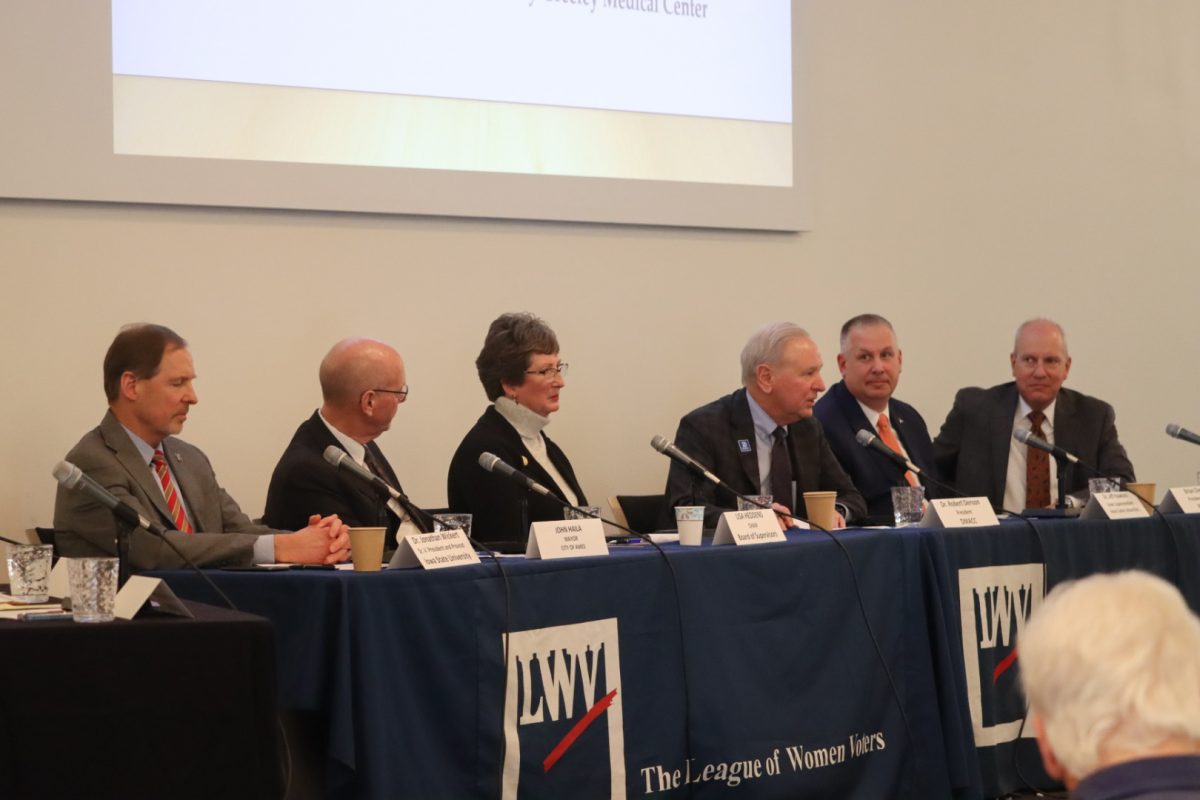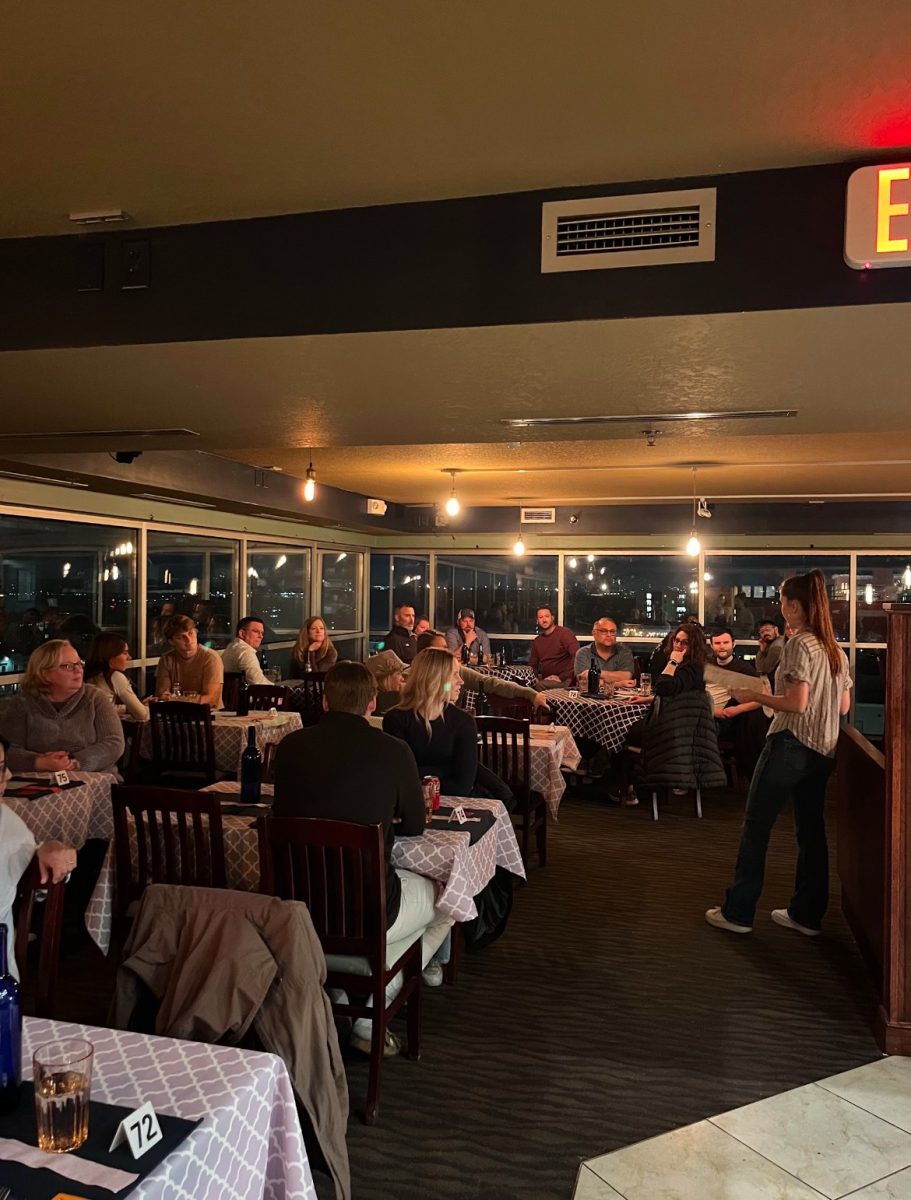Young, crucial voters are still undecided
October 11, 2004
They’re somewhere out there.
Between the left and the right, between Sen. John Kerry and President Bush, young and so far undecided voters may prove crucial to the outcome of a presidential election that’s shown few signs of ever deviating from a statistical tie.
The importance of the youth vote, which has been historically downplayed by the major parties, is being seriously courted during this election. But experts at Iowa State are uncertain of the political leanings of Generation Y.
Douglas Gentile, assistant professor of psychology, said students are likely to mirror the political affiliation of their parents, at least early in life.
Generation Y encompasses people born between 1979 and 1984, meaning most within the group have moved or left home for college.
While attending college, exposure to new ideas and different kinds of people helps create and shape students’ political identities, Gentile said.
“Research suggests that kids’ first political beliefs are the same as their parents, and it’s hard to predict anything beyond that,” Gentile said. “One of the main tasks of adolescence is the development of [an identity] when students focus on what makes them different from everyone else.”
Adam Hahn, graduate student in electrical and computer engineering, said he has been politically involved and has already found a candidate to support.
“I’ve always voted every year, and my thought is more Democratic,” Hahn said.
Hahn said he has seen a “bigger push toward political involvement on campus” in this election cycle, which he credits to the many volunteers trying to register voters.
One undecided voter is Teresa Shiflett, freshman in engineering.
“I don’t want to make up my mind by going along with everyone else,” Shiflett said.
She indicated that she has been watching the presidential debates to decide her position.
Though they’re not specifically targeted at young voters, Shiflett said she believes the numerous visits by presidential candidates will likely influence undecided voters.
“Naturally, attending these kinds of rallies will forge some opinions,” she said. “If people see a candidate and are impressed by his persona, they’ll feel more connected to him.”
When asked about what character traits are most impressive, Shiflett said she was skeptical about the campaign trail personalities of Bush and Kerry.
“I’m generally ambivalent about them in this area. It seems like both of them are still trying to construct their images as good politicians capable of leading the nation,” she said.
Unconvinced by style, Shiflett says she will decide the election based on two major issues.
“Iraq is certainly important, but I don’t think any of the candidates have been completely straightforward about their plans,” she said. “If they do that, then they may not appeal to the widest range of voters, which is what they need to do in order to win.”
Gentile said he believed that events such as Sept. 11 have been critical in the development of Generation Y’s political identity.
“There comes a point in peoples’ lives — usually caused by a tragic event like 9/11 — that will cause people to step back, weigh their values, and consider what’s important,” Gentile said.
Kimberly Conger, assistant professor of political science, agreed with the significance of Sept. 11.
She said previous generations have always kept similar events in mind when making political decisions.
“I’m not sure about how this will affect voting patterns, since much of [Generation Y] is voting for the first time,” Conger said.
Whatever their leanings, in order for Generation Y to fully express its political views, it must be registered to vote.
Clair Keene, freshman in biology, has been volunteering for the New Voters Project.
“This is the first time I’ve been volunteering,” Keene said.
“My clipboard isn’t overflowing with names,” she said.
“That’s because people are saying that they’re already registered to vote.”
According to its Web site, the New Voters Project says it has registered 3,200 people at Iowa State.






